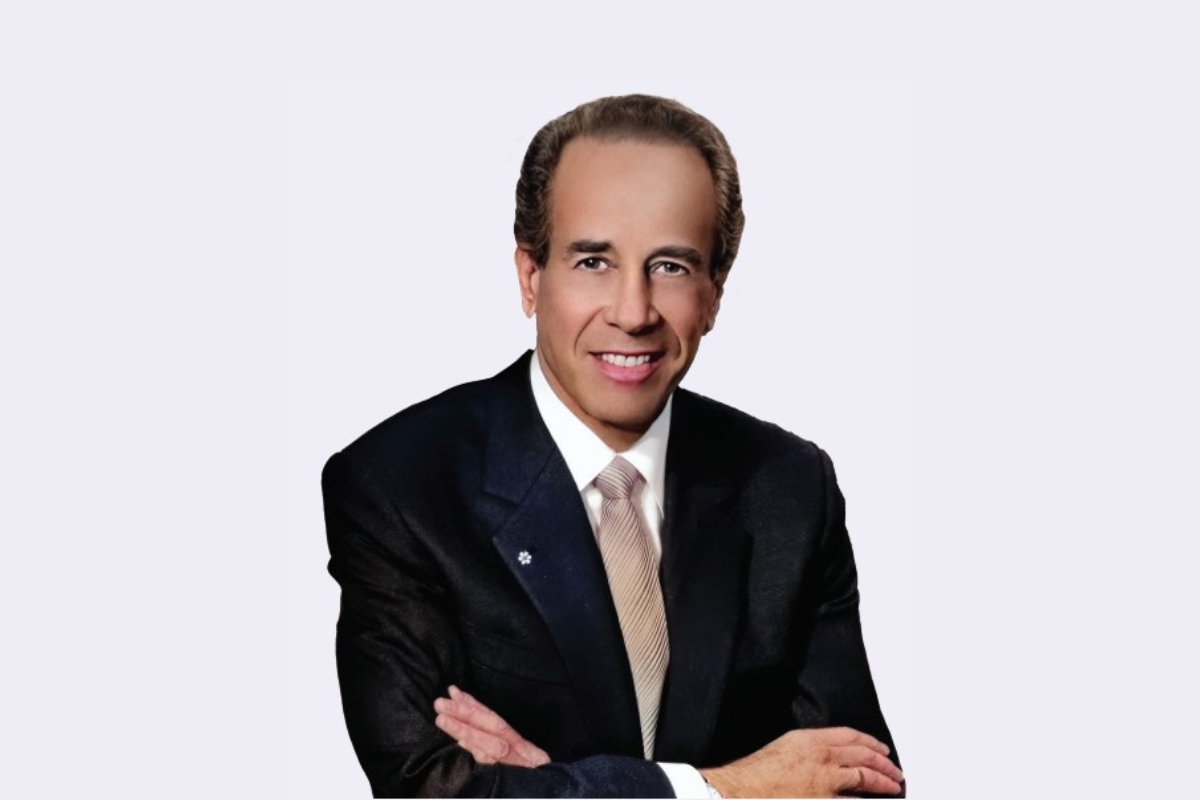Just as in pre-COVID times, it’s likely that your top talent is driving more results than the general employee population, which would’ve continued during crisis mode of COVID-19.
Currently, managers are likely challenged to find the time, energy and creative ways to attend to the needs of their top talent. From our experience with coaching hundreds of high potential emerging leaders over the years, we know that rich feedback, challenging assignments and a sense of purpose is critical to the engagement and retention of this valuable employee segment. This is presenting a risk to organizations as our current environment filled with social, economic and health crisis leaves both managers and employees feeling stressed and distracted. Combine this with a potentially slowed down schedule, and you find people reflecting more and more on what is really important to them.
The change in pace has caused even the most driven high potential and high performers to reconsider pre-COVID life and question what they really want to “go back to” when the time comes. Although we miss elements of our “old” ways of life, there’s something invigorating about a two-minute commute to your home ‘office’, wearing track pants to work or no line ups for coffee and lunch. In some cases, the new co-workers aren’t too bad either.
While the downsides to the current situation are obvious, the new realities are also creating some desirable new habits, preferences and freedoms. While employees are still undergoing this self-reflection, work is quickly moving into a “new normal” and employer expectations are on the rise.
Our agency Purpose to Impact has noticing a few trends that are increasing the current tension, including: less tolerance from colleagues on background distractions like children or dogs, more efficient and regular meetings as people grow accustomed to the new virtual formats and correspondingly, workloads that are inching back up.
Good managers should be thinking about the impact this dynamic of increased self-reflection coupled with increased stress, is having on the engagement of their employees.
If you are a manager looking to proactively support and engage your employees (especially your high potential and high performing employees) consider the following ideas:
- Conduct regular ‘pulse checks’: Schedule brief, weekly 1-1 check-ins with each of your team members. Ask how they’re doing, if they feel clear on what they should be doing and how they’re managing their personal and professional workloads. What do they need from you? Is there help or resources that they require? This task doesn’t need to feel arduous. If you don’t have time for a phone conversation with each of your employees, change it up. Think about how your employees like to communicate; for some it might be a conversation. For others, a text or an email might be just as effective to begin the dialogue and reassure them that you’re there to support them. And don’t forget to share feedback. If your employees are doing something really well, demonstrating great resilience or positivity, make sure you share your appreciation for their contributions.
- Be transparent: The crisis isn’t over, and people are still feeling uneasy. Without making promises you can’t keep, do your best to be transparent with your team and help reduce any feelings of fear. This is especially important with your high potential and high performing employees who may be highly sought after by your competitors, especially during times of economic crisis. Transparency will help to build trust which is critical to employee engagement.
- Don’t forget about the future: high potential employees are usually also ambitious. While the world may feel like it’s on pause, they likely haven’t stopped thinking about their future and this uncertain environment may feel quite unsettling for them. A lack of attention from the organization may prompt them to act. While as a manager you don’t have a crystal ball to see how all this ends, don’t let that prevent you from having strategic career conversations. Ask your employees how these circumstances have impacted their aspirations and discuss how you can help. While your hands may be tied in the short term, your top talent want to know that others are supporting and advocating for them, and that they’re still on your radar. They’ll take comfort knowing that you are aware of their aspirations and that you have their back.
- Make room for development where appropriate. It is unprecedented times and most of us are currently busy without thinking about how we are developing or acquiring new skills. But for those high potentials and performers with a big appetite, make sure you are checking in on their learning needs. If they aren’t operating at full capacity right now, think about how you can challenge them by using this time to gain a new skill, or add value to the team in a different way. Use this time to explore free or economical learning and development offerings that will benefit their development and also enhance your broader team. Find creative ways on how to approach development which may include researching emerging topics or trends, leading a special team initiative, volunteering for a not-for-profit or providing mentoring support to a peer.
With the health, social and political crisis happening around the world right now, we’re all in unchartered territory. As leaders and managers, we won’t always get it right, especially in trying times. Keeping the lines of communication open, building trust and focusing on the needs of our people, will help maintain the engagement and motivation of our employees!
Colleen Jones and Karen Lilly | Contributing Writers




















